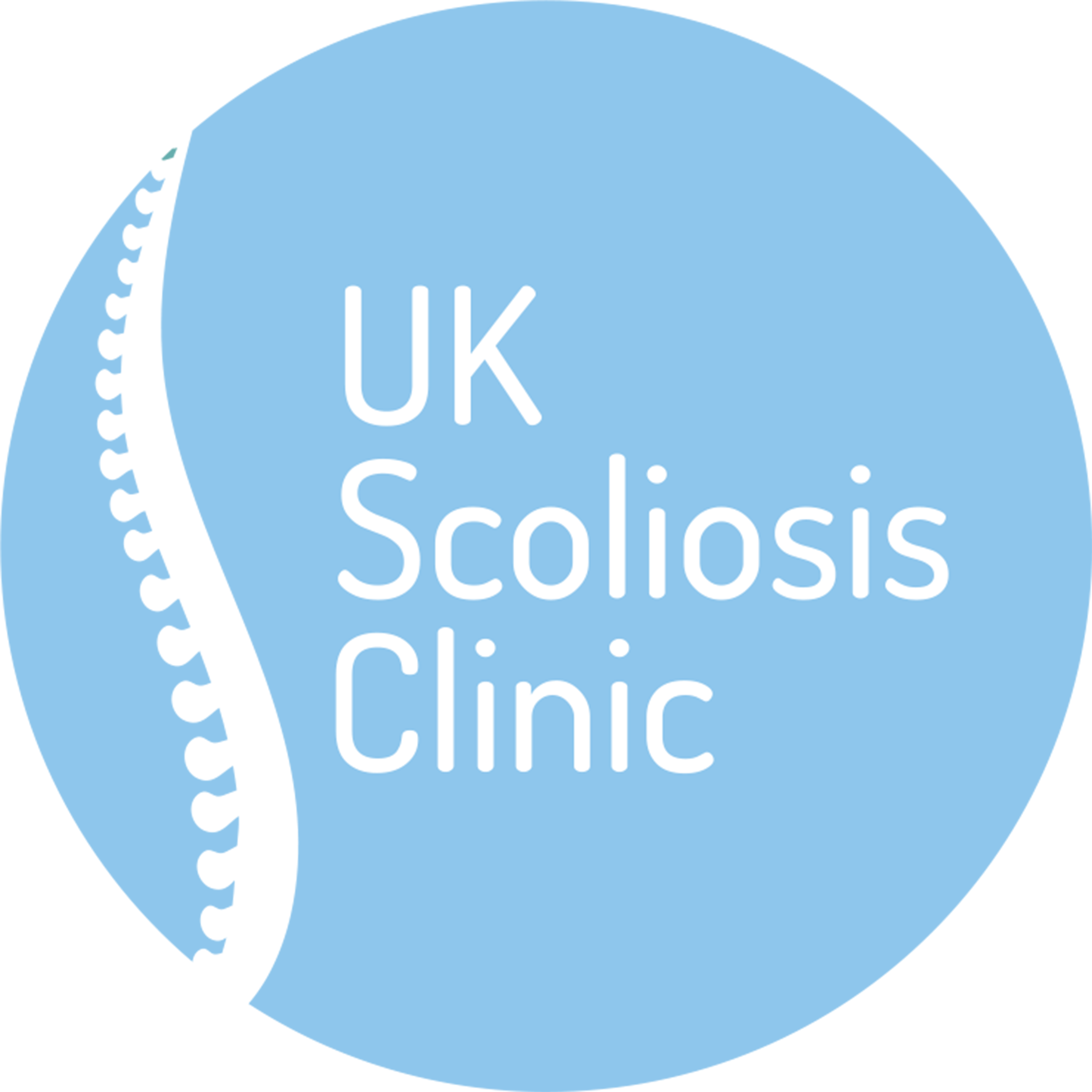Scoliosis is a condition characterised by an abnormal curvature of the spine. While there is no definitive cure for scoliosis, various treatment approaches aim to manage symptoms and improve quality of life. In addition to medical interventions, there is growing interest in the role of diet in supporting overall health for individuals with scoliosis. While diet can have a role in promoting overall health and its optimisation may be a valuable part of a treatment program, it’s important to remember that dietary choices themselves cannot cause or cure Scoliosis.
Understanding Scoliosis
Scoliosis affects people of all ages, and its causes can be diverse. In some cases, scoliosis is congenital or results from spinal abnormalities present at birth. Other cases develop during adolescence and the most common form is called adolescent idiopathic scoliosis (AIS), where the exact cause remains unknown/multifactorial. While genetics and factors such as growth spurts and hormonal changes may contribute to scoliosis, the exact triggers are still under investigation.
The Role of Diet in Scoliosis Management
One of the most important questions around diet and scoliosis, is whether a specific diet can prevent or even cause Scoliosis. Unfortunately, the answer is that there’s no absolute evidence that either is true.
Although diet alone isn’t a tool for managing Scoliosis, there is some evidence to suggest a correct diet may help in slowing the progression of scoliosis. At least one study has noted that many idiopathic scoliosis patients also have lower selenium levels than normal.[1] It has also been suggested that osteoporosis may be a factor in worsening of scoliotic curves when vertebrae collapse, and there are dietary modifications which can be made to help avoid osteoporosis. Therefore, while diet alone cannot reverse or correct the spinal curvature associated with scoliosis, it can play a vital role in supporting overall health, managing symptoms, and minimizing potential complications. A wholefoods balanced diet providing essential nutrients, is crucial for maintaining strong bones, muscles, and connective tissues.
This means that there are certain aspects of a diet which may be worth considering as part of an overall treatment program. Vitamin D is an important nutrient that helps prevent osteoporosis and enhances absorption of calcium. Sources of vitamin D include cereal, saltwater fish and eggs. Calcium is a critical for building bone mass – this is the case in anyone, but might be especially important in a Scoliosis sufferer. In the long term, regular calcium consumption during childhood helps prevent osteoporosis during late adulthood, which may slow the development of scoliosis. Examples of calcium sources include yogurt, skim cheeses and one percent or skim milk. Broccoli and orange juice also contain calcium.
Calcium and vitamin D are particularly important for skeletal health. Consuming foods rich in Vitamin D, which aids in calcium absorption an be obtained through sun exposure and dietary sources like fatty fish, egg yolks, and fortified cereals.
Omega-3 fatty acids, found in fish, flaxseeds, and walnuts, have anti-inflammatory properties that may help reduce pain and inflammation associated with scoliosis. Including a variety of fruits, vegetables, and whole grains in the diet provides essential vitamins, minerals, and antioxidants, supporting overall health and well-being.
Other Dietary Considerations for Scoliosis
While no specific diet plan exists exclusively for scoliosis, individuals with this condition may benefit from certain dietary considerations. Maintaining a healthy weight is crucial as being underweight is linked with scoliosis development, while excess weight can exacerbate spinal stress. Adopting a well-balanced, nutrient dense, calorie-controlled diet can help achieve and maintain a healthy weight, thus strengthen the spine and reduce the stress placed upon it.
Additionally, some individuals with scoliosis may choose to explore an anti-inflammatory diet. This approach focuses on reducing inflammation in the body by avoiding processed foods, refined sugars, and unhealthy fats. Instead, emphasis is placed upon whole, nutrient-dense foods, including fruits, vegetables, lean proteins, and healthy fats. This diet promotes overall well-being and may help manage pain and inflammation associated with scoliosis.
Diet and Scoliosis
While diet cannot cure scoliosis, it can play a supportive role in managing symptoms and promoting overall health. A balanced diet rich in essential nutrients, including calcium, vitamin D, and omega-3 fatty acids, can help maintain bone health, reduce inflammation and support overall well-being for individuals with scoliosis. But always consult with a healthcare professional for personalized advice and guidance.
[1]Yalaki, Zahide et al. Investigation of Serum Levels of Selenium, Zinc, and Copper in Adolescents with Idiopathic Scoliosis Dicle Medical Journal / Dicle Tip Dergisi. 2017, Vol. 44 Issue 1, p35-41. 7p.


